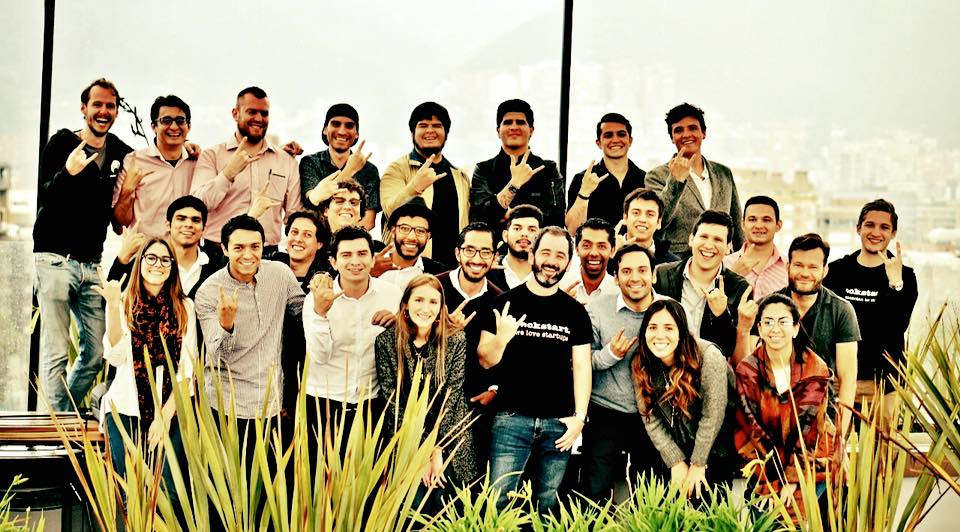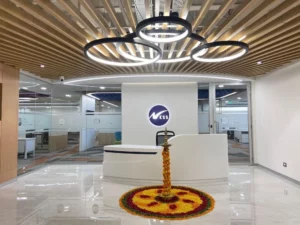Edtech has risen as a cost-effective solution for employee retention—and Latin America is no exception to this trend.
One of the reasons millennials are so drawn to startup culture is because it promotes continued learning and personal growth. A company culture that provides opportunities to learn and rise within the fast-paced environment can keep hard-working, high-performing employees engaged. But how can startups keeps their employees happy? Well, that’s where ed-tech comes in.
Why is edtech becoming increasingly important?
Employee training is a $70 billion industry in the U.S. alone. Roughly a third of all training relies on remote instruction or computerized methods. Tech-mediated or e-learning tools currently represent about $1.7 billion within this market, boasting an impressive 23% yearly growth rate.
Edtech has appeared as a innovative alternative to traditional learning methods, thanks to its intrinsic advantages: ease-of-access, lower costs, schedule convenience, self-paced learning, location-independent access to expert tutors, and many more.
One recent study on e-learning found that “employees who have the opportunity to improve their qualifications and skills are more productive and loyal. Furthermore, they do not think about changing job because their company cares about the appropriate development.”
Open learning platforms like Khan Academy or Coursera have revolutionized learning. While anyone can benefit from these, companies looking to train their employees require more specialized, engaging and tailored solutions. From learning platforms that allow companies to create courses and certify employees, to platforms with expert-taught courses on critical skills for today’s workplace like Udemy, there is something out there for every startup.
LatAm edtech sector gains traction: a case study
Several edtech summits are held in Argentina, Colombia and Costa Rica each year, featuring solutions that tend to be tailored specifically to the region before scaling worldwide.
Edtech opportunities was a key discussion topic during the LAVCA Venture Investors Summit last year. There, Michael Niklas, a partner at Valor Capital Group, expressed his opinion that Brazil is one of the best markets for edtech, with great potential for innovation in the field “given the competitiveness of the market and the necessity they have to optimize the platforms that they have.”
Brazilian edtech companies Descomplica and Veduca are among the best known examples of success in the country, raising $14 million and $3 million respectively in funding. The first one focuses on students, while the second one helps young professionals improve their skill sets.
Veduca is part of a particularly dynamic market. Several the attendees to the LAVCA event, including Omidyar Network, were part of the group of VC and private equity firms that pitched in to fund Colombian edtech startup Platzi, which has raised over $2.2 million to date.
Platzi has recently launched Platzi Empresas, which focuses on training work teams within a company setting. Focusing on quality and securing partnerships with companies to encourage learning as a stepping stone for careers, the startup boasts a 70% course completion rate that leads 80% of their students to career advancements within a year of finishing a course.
Platzi offers 130 courses in 17 fields, ranging from advanced coding and machine learning to business and marketing. Their high-profile training courses are imparted by seasoned figures in the business world, including Sam Altman, Y Combinator Chairman; Di-Ann Eisnor, Waze Growth Director; and Billy Blaustein, previously Uber Growth Manager.








